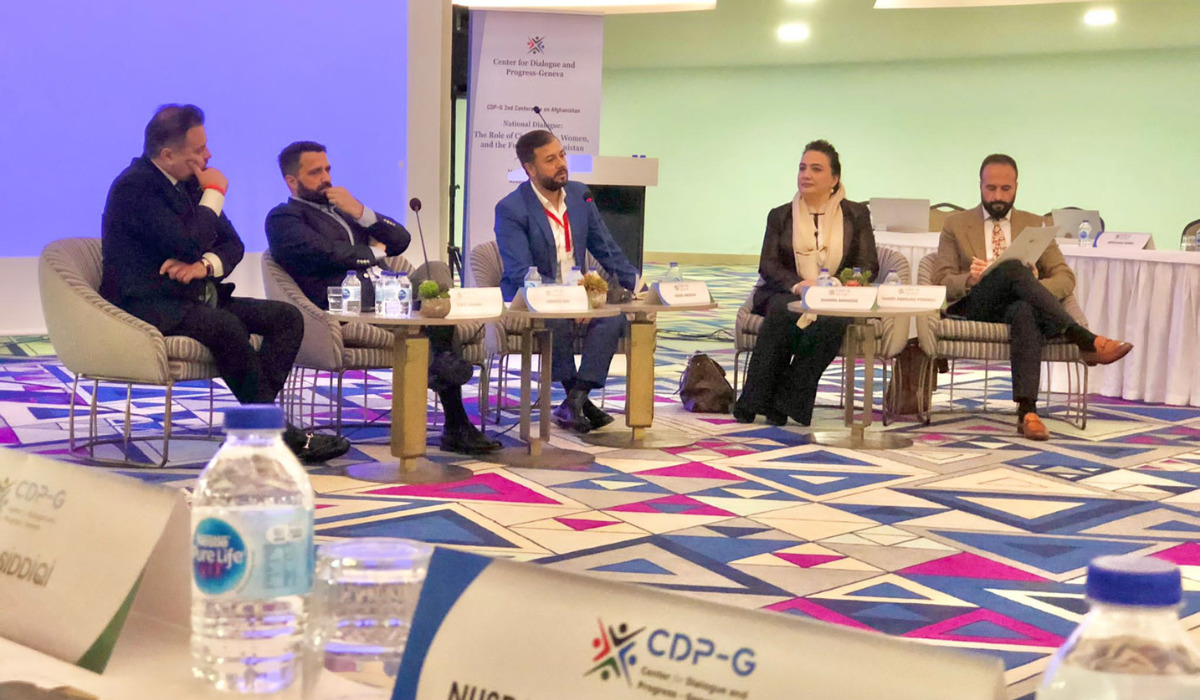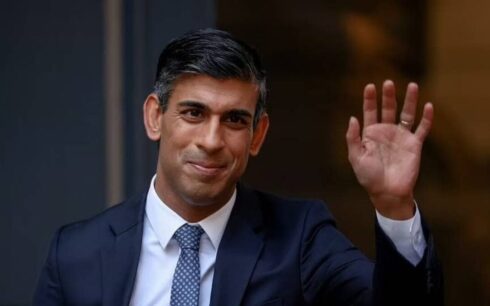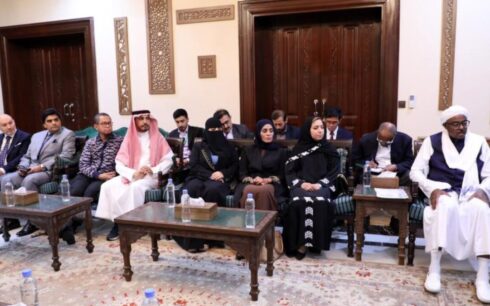A number of Afghan civil activists, political figures, journalists, and human rights activists have emphasized the need for national dialogue and an inclusive government to restore peace and democracy in Afghanistan.
The Center for Dialogue and Progress – Geneva (CDP-G) held a two-day conference on “National Dialogue; Role of Civil Society, Women and the Future of Afghanistan” in Turkey’s Antalya city, where over 60 leaders of civil society, political figures, young professionals, activists, intellectuals, human rights activists, journalists, members of Afghanistan’s community, and men and women with diverse socio-political backgrounds participated.
The participants discussed and exchanged views on the challenges facing Afghanistan, and the role civil society, democratic political forces, and women shall play in restoring peace, democratic governance, and preventing war.
In a statement released this week, CDP-G stated that the participants stressed the need for convening an urgent national dialogue to bring durable peace and prevent a civil war.
“Positive peace will only be achieved if we consider the interests of all the groups, including the Taliban, in a framework that has to be defined. To safeguard the values that help secure peace and promote unity and prosperity, we have to enshrine them in the constitution and other relevant laws,” the statement said.
The experience of local governance in Afghanistan indicates that one of the ways to achieve peace, public accountability, and participation could be administrative and political devolution and decentralization.
They also raised their voices over the lack of legitimacy, inclusive governance, and political pluralism in Afghanistan under Taliban rule. They stated that the only mechanism that can determine a legitimate and inclusive government would be an election.
“The Constitution of 2004 considered Sharia in all parts and also upheld the fundamental rights of the citizens. A country cannot be ruled without a constitution that is based on the will of the people,” the statement said.
They noted that constitutionalism has its roots and place in the earliest Muslim societies and countries and that “the lessons learned from these societies and countries should be used to create a constitutional and representative government that adheres to the tenets of Sharia.”
“An inclusive government can be defined based on popular and international standards, not through the participation of figureheads,” the statement added.
Constitutionalism and Sharia
Meanwhile, the participants agreed that Afghanistan needs a new social contract in the form of a constitution that defines how the will of the people results in establishing a legitimate government.
The government of the Taliban, however, has neither domestic nor international legitimacy.
Sharia experts, who participated in the conference, also highlighted that there is no consensus on a single definition of Sharia, adding that the Taliban have “misinterpreted the Sharia to justify their actions.”
“In Islam, there is no one modality for establishing a political regime, however, there are criteria, the most important of which is the will of the people. It is also imperative to see how other Muslim countries balanced the application of Sharia and a modern constitutional government that is based on the will of the people,” experts said.
The participants also called on the international community to impose pressure on the Taliban to alter their policies on women. They also noted that the ways to provide online education for Afghan women and girls must be explored.
Participants stated that Afghan media outlets have lost their freedom in Afghanistan following the Taliban military takeover.
“The Taliban’s Intelligence Office, the Ministry of Vice and Virtue, and the Ministry of Information and Culture have systematic control over the media,” they said.
According to them, the Taliban banned activities of some media outlets, and “the personal activities and even the activities of journalists on social media are followed by the Taliban.”
“The media in exile have filled the gap to a large extent. Despite the fact that access to information is a significant challenge, they should continue their work and professionalize their teams. The Taliban are extensively using social media to change public perceptions about themselves. By giving a true picture of the situation and systematic violations of human rights, the media in exile can counter the spread of such false perceptions,” the statement read.
Meanwhile, the participants also noted that the culture of impunity undermines any peace efforts in Afghanistan.
They stressed that perpetrators of human rights violations must be held accountable via international mechanisms.
“The International Criminal Court and International Court of Justice, which Afghanistan is a member of, can be venues for taking the perpetrators of human rights into account. Civil society organizations can be helpful in the documentation of evidence and its presentation to the relevant tribunals,” the statement noted.
Participants also urged the International and regional powers – including Afghanistan’s neighboring countries – to work with the Taliban under certain conditions “in a way that is open, accountable, and respectful of human rights.”





